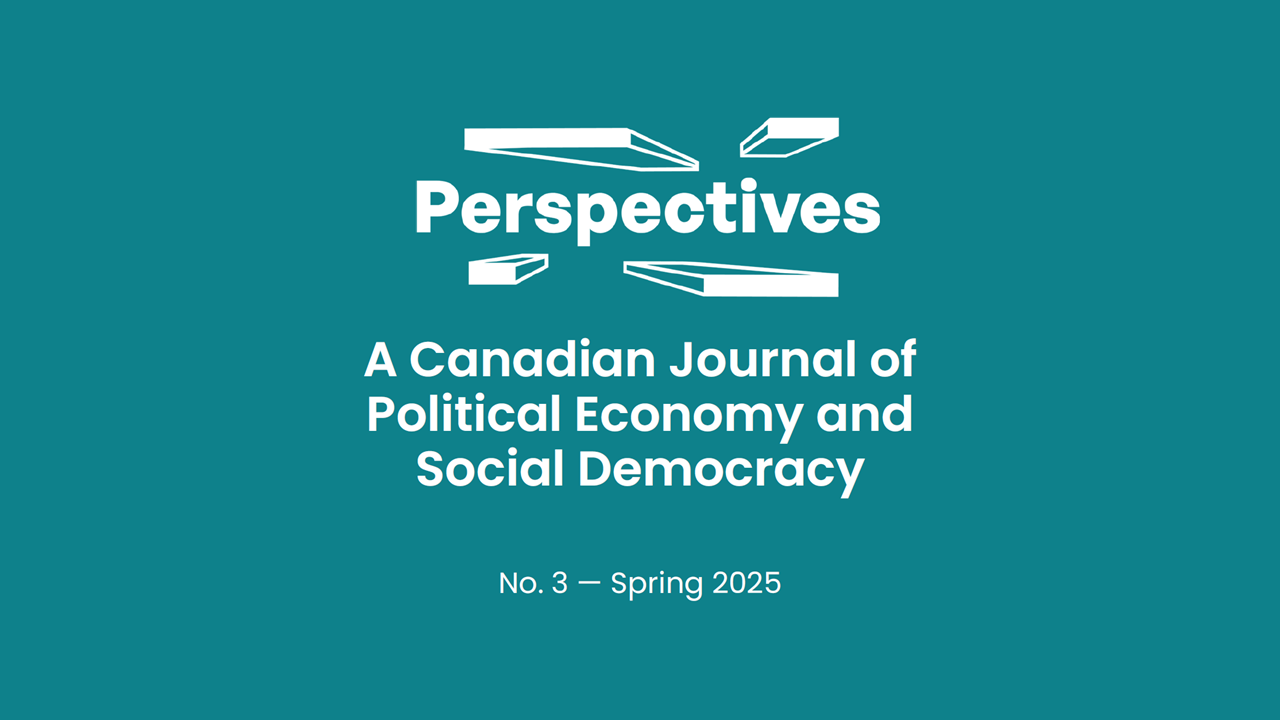Reclaiming the NDP’s Working-Class Roots Through Public Power
Public ownership of electricity has been one of the great progressive victories in Canadian history—a model that delivered high union density and good jobs for generations.
Public ownership of electricity has been one of the great progressive victories in Canadian history—a model that delivered high union density and good jobs for generations.

The 2025 Ellen Meiksins Wood Lecture was delivered by Grace Blakeley, illustrating why neoliberal capitalism has overruled democracy and why we must organize to take back democratic power for the working-class.

Beth Baltzan lays out the original vision for progressive international trade and demonstrates why today’s trade regime enables Trump’s tariffs.

Amid this nationalist fervour is a desire to protect Canadian institutions such as public healthcare – a profoundly distinct and equalizing system that has insulated the Canadian working-class from the affordability experiences of Americans.

While the ongoing cost-of-living crisis facing Canadians has been provoked by recent global events, the consolidation of the Canadian food system has been a long-running and strenuous process.

Market concentration in key sectors, including groceries, transportation, and commodity production renders Canada particularly vulnerable to the threat of sellers’ inflation. As a result, Canada should seize the opportunity before the next major supply shock to implement a Weber-inspired policy playbook.

Regardless of one’s governing model, control over interjurisdictional capital flows is a necessary condition for genuinely democratic policy-making.

Volatile, short term and footloose private capital is supplanting stable, long-term public financing which is crucial for long-term economic and social development, and for climate investments.

Jim Stanford and Hadrian Mertins-Kirkwood define what green industrial policy is and explain why it’s having a renaissance in the middle of the Trump trade war.


